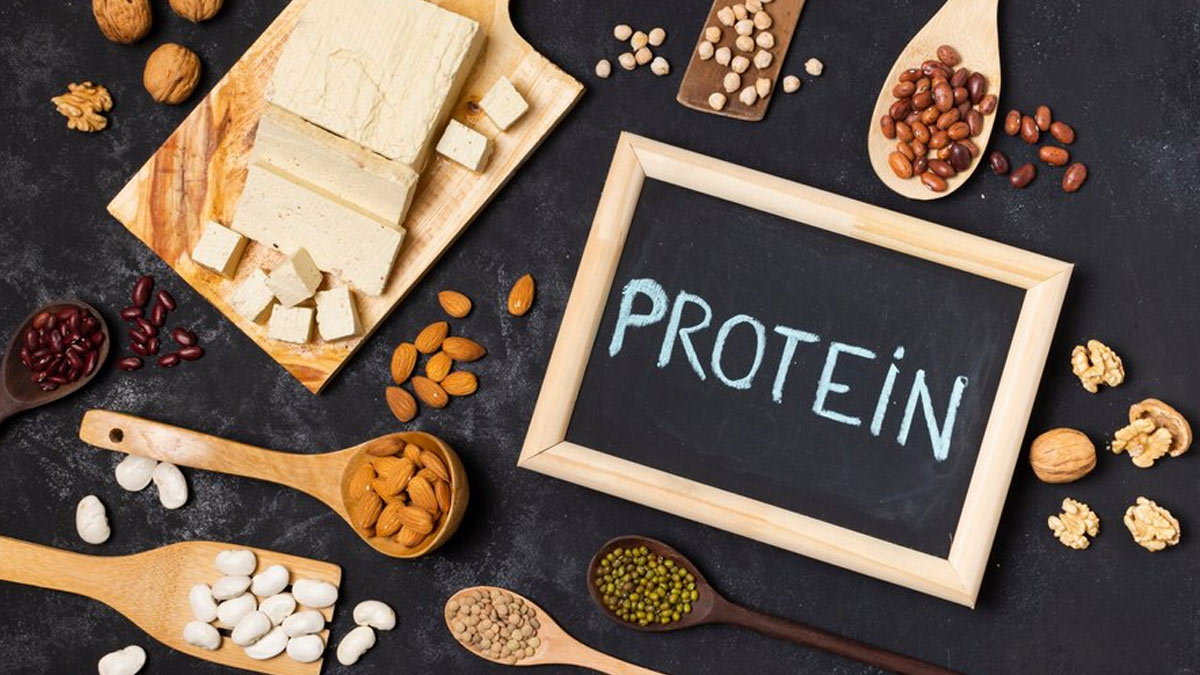
Chronic kidney disease (CKD) stands as a significant global health concern, its increasing prevalence and mortality rates have risen over the past few decades. Between 1990 and 2017, there was a notable increase in the all-age prevalence and mortality from CKD, with figures rising by 29.3% and 41.5%, respectively. India, a country experiencing rapid demographic and epidemiological transitions, the burden of kidney-related deaths has surged, with a 38% increase in the proportion of deaths attributable to kidney failure between 2001–03 and 2010–13. Since diet plays a pivotal role, we reached out to Nutritionists Dt. Prerana Solanki & Dt. Sonal Sureka who Consults on Practo to understand what dietary choices impact kidney health.
Table of Content:-
Rising cases of kidney diseases in India
There are multiple factors contributing to the rising incidence of CKD in India. Poverty, poor sanitation, pollutants, water contamination, overcrowding, and exposure to nephrotoxins, including heavy metals and plant toxins in indigenous remedies, all associated with kidney diseases. Moreover, the increasing burden of hypertension and diabetes mellitus further exacerbates the situation. Alarmingly, by 2030, India is projected to have the world's largest population of patients with diabetes, further intensifying the strain on kidney health.
Kidney Health and Nutrition
Kidney disease alters how our body needs and uses nutrients, causing various health complications due to imbalances in nutrition and metabolism. So specifically, nutrition planning is important in case of kidney issues to deal with these changes. Healthy food choices are paramount for individuals with kidney problems, as good nutrition not only provides energy for daily tasks but also serves to prevent infections, avoid muscle mass loss, help maintain a healthy weight, and slow down the progression of kidney disease.
Also Read: Diabetic Kidney Disease Cases Rising In India, Know Its Risk, Symptoms and Prevention

Here are some key dietary guidelines for kidney health:
- Protein Management: While protein is crucial for muscle building and immune function, patients with kidney disease must monitor their intake to prevent waste buildup. Consultation with a dietitian is essential to determine personalized protein requirements.
- Sodium Control: Healthy kidneys regulate sodium levels in the body, but impaired kidney function can lead to fluid retention, swelling, high blood pressure, and cardiovascular strain. Therefore, individuals with kidney problems should avoid high-sodium products such as canned foods (babycorn/puree/soups/sauces), processed meat like bacon, sausages, and packaged foods like chips, crackers, breads, etc.
- Herbs and Spices: Natural herbs and spices offer a flavorful alternative to salt for individuals with kidney problems. Fresh herbs like mint leaves can enhance the taste of dishes without increasing sodium intake.
- Low-Potassium Foods: Selecting fruits and vegetables low in potassium is beneficial for kidney patients. Options such as apples, blueberries, pears, cauliflower, cabbage, carrots, and cucumbers provide essential nutrients without burdening the kidneys.
- Fluid Intake: Limiting fluid consumption is crucial for individuals with kidney disease, as damaged kidneys struggle to remove excess fluid. Consultation with a dietitian is necessary to determine the appropriate fluid intake. Generally, it is advisable not to exceed 3.5 litres of fluid per day irrespective of having a kidney problem.
- Phosphorus Management: Choose foods and drinks low in phosphorus to protect bone and blood vessel health. Many packaged foods contain added phosphorus, so it is important to check ingredient labels for phosphorus—or for words with “PHOS”—on ingredient labels and avoid those packed foods.
- Stress Management: Chronic stress can exacerbate pre-existing kidney conditions and contribute to the development of new ones. Stress-reduction techniques such as meditation, yoga, and deep breathing can benefit both mental and kidney health.
Also Read: Watch Out For These 7 Common Habits That May Be Damaging Your Kidneys
In conclusion, managing kidney disease requires a holistic approach that includes dietary modifications tailored to individual needs. By adhering to dietary guidelines that emphasize moderation, nutrient balance, and careful monitoring of protein, sodium, potassium, fluid, and phosphorus intake, individuals can mitigate the progression of kidney disease and improve their overall quality of life. Additionally, incorporating stress-reduction techniques can further support kidney health and overall well-being. Collaboration with healthcare professionals, particularly dietitians, is essential to develop personalized dietary plans and optimize kidney health management.
Also watch this video
How we keep this article up to date:
We work with experts and keep a close eye on the latest in health and wellness. Whenever there is a new research or helpful information, we update our articles with accurate and useful advice.
Current Version